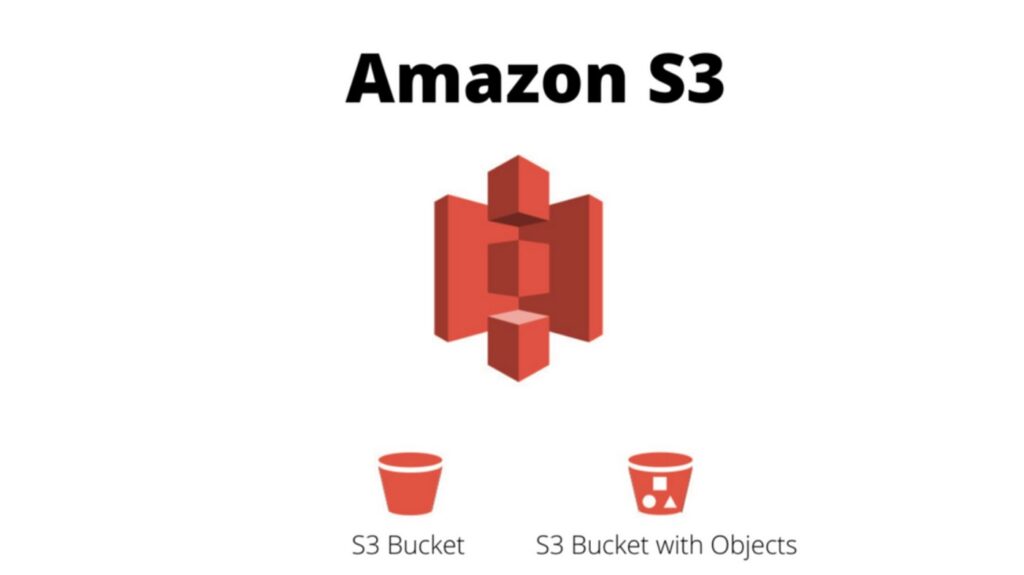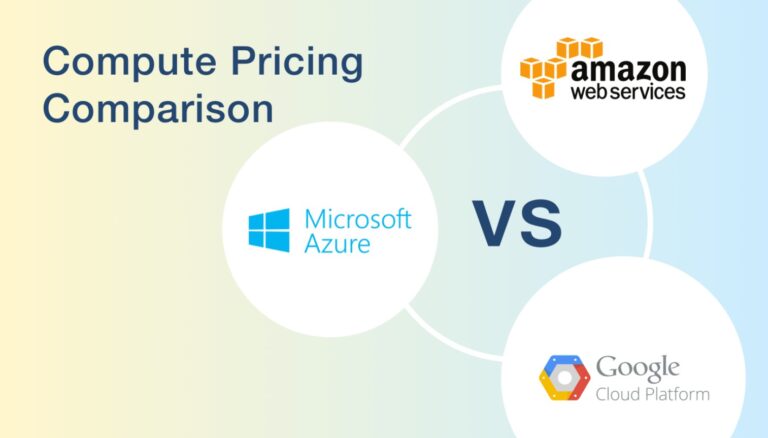AWS Cloud Server: Benefits, Features, and How to Get Started 🚀
In today’s rapidly evolving digital landscape, businesses require resilient, adaptable, and secure cloud solutions to maintain a competitive edge. AWS Cloud Server stands out as a premier cloud computing service, offering diverse advantages and functionalities tailored to suit the needs of different sectors.
This comprehensive analysis delves into the core benefits of AWS Cloud Server, providing in-depth insights into its features, practical illustrations, and guidance on initiating utilization of this dynamic platform.
What is an AWS Cloud Server?
Amazon Web Services (AWS) offers an extensive range of cloud computing services through its AWS Cloud Server.
This suite of services empowers businesses to efficiently develop, deploy, and oversee applications and infrastructure in the cloud.
AWS provides a wide array of services including computing power, storage, databases, machine learning, and more, making it a versatile and comprehensive solution for all cloud-related requirements.
Benefits of AWS Cloud Server 🌟
- Scalability: AWS Cloud Server allows businesses to scale their resources up or down based on demand, ensuring optimal performance without overprovisioning.
- Cost-Effectiveness: With a pay-as-you-go pricing model, businesses only pay for what they use, reducing unnecessary expenses.
- Security: AWS provides a robust security framework, including data encryption, identity and access management, and compliance certifications.
- Flexibility: AWS supports various operating systems, programming languages, and frameworks, offering the flexibility to use the tools you prefer.
- Reliability: AWS guarantees high availability and fault tolerance through its global network of data centers.
See also: Top Cloud Servers: The Best Choices for Your Business in 2024
Real-World Examples of AWS Cloud Server Products 🌍
1. Amazon EC2

Amazon Elastic Compute Cloud (EC2) is a web service that provides resizable compute capacity in the cloud.
It allows you to rent virtual servers, known as instances, on which you can run your own applications.
EC2 offers a wide range of instance types with varying combinations of CPU, memory, storage, and networking capacity to suit different use cases such as web hosting, data processing, application development, and machine learning.
It enables you to quickly scale capacity up or down based on your computing requirements.
See also: Cloud Server Infrastructure: Guide, Benefits, and Buying Tips
2. Amazon S3

Amazon Simple Storage Service (S3) provides highly scalable storage for a wide variety of data types.
With a durability level of 99.999999999%, it ensures that your data is highly available and durable.
Additionally, S3 offers comprehensive security and compliance features to protect your data and maintain regulatory compliance.
3. Amazon RDS
Amazon Relational Database Service (RDS) is a fully managed service that makes it easy to set up, operate, and scale relational databases in the cloud.
RDS supports a variety of popular database engines, giving you the flexibility to choose the one that best suits your specific application needs.
The supported database engines include MySQL, PostgreSQL, and SQL Server, providing you with a range of options to meet your data storage and management requirements.
4. Amazon Lambda
AWS Lambda is a serverless computing service that enables you to run code without the need to provision or manage servers.
It offers automatic scaling and charges you only for the compute time you actually consume, which makes it perfect for event-driven architectures, allowing you to focus on writing code rather than managing infrastructure.
5. Amazon VPC
Amazon Virtual Private Cloud (VPC) provides you with the ability to create a virtual network environment within the Amazon Web Services (AWS) Cloud.
This allows you to provision a secure and isolated section of the AWS Cloud where you have complete control over the virtual network, including the ability to define your own IP address range, create subnets, and configure route tables and network gateways.
Within this VPC, you can launch various AWS resources, such as Amazon EC2 instances, databases, and other services, in a secure and isolated manner.
See also: Free Cloud Server: Top 5 Free Cloud Hosting Solutions
Comparison Table of AWS Cloud Server Product
| Product | Use Case | Pros | Cons | Price | Features |
|---|---|---|---|---|---|
| Amazon EC2 | General compute | Scalable, flexible, wide range of types | Requires management effort | Pay-as-you-go | Various instance types, Auto Scaling |
| Amazon S3 | Data storage | Highly durable, secure, scalable | Latency for large data sets | Pay-as-you-go | Versioning, encryption, lifecycle policies |
| Amazon RDS | Database management | Easy setup, managed service, scalable | Limited to supported engines | Pay-as-you-go | Automated backups, Multi-AZ deployments |
| AWS Lambda | Event-driven computing | No server management, automatic scaling | Stateless execution | Pay per request and duration | Integrated with other AWS services |
| Amazon VPC | Virtual networking | Secure, isolated network, customizable | Complexity in setup | Pay-as-you-go | Subnetting, routing tables, NAT gateways |
See also: Cloud Server Services: Guide, Benefits, and Top Providers
AWS Cloud Server Use Cases and Problem Solving
Amazon EC2
Problem: Need for scalable compute resources for a web application.
Solution: Amazon EC2 allows you to launch and manage virtual servers, ensuring that you can scale your application seamlessly as traffic increases.
Amazon S3
Problem: Storing large volumes of data securely.
Solution: Amazon S3 offers scalable and secure storage, making it ideal for backups, archiving, and big data analytics.
Amazon RDS
Problem: Managing and scaling a relational database.
Solution: Amazon RDS automates database management tasks, including backups, patching, and scaling, allowing you to focus on your application.
AWS Lambda
Problem: Running code in response to events without managing servers.
Solution: AWS Lambda executes your code only when needed and scales automatically, making it cost-effective for event-driven applications.
Amazon VPC
Problem: Isolating network resources for security and compliance.
Solution: Amazon VPC provides a secure and customizable virtual network, ensuring that your resources are protected and compliant with regulatory requirements.
How to Buy an AWS Cloud Server
- Visit the AWS Pricing Page to explore different pricing options and find the best plan for your needs.
- Sign up for an AWS account here.
- Choose the desired services (e.g., EC2, S3, RDS) and configure them based on your requirements.
- Review your configuration and launch the services.
- Use the AWS Management Console to monitor and manage your resources.
FAQs
- What is an AWS Cloud Server?
- AWS Cloud Server is a suite of cloud computing services provided by Amazon Web Services that enables businesses to build, deploy, and manage applications in the cloud.
- How does AWS pricing work?
- AWS uses a pay-as-you-go pricing model, meaning you only pay for the services you use, which helps manage costs efficiently.
- Is AWS Cloud Server secure?
- Yes, AWS Cloud Server offers robust security features, including data encryption, identity and access management, and compliance with various regulatory standards.
- Can I scale my resources with AWS Cloud Server?
- Absolutely! AWS Cloud Server allows you to scale your resources up or down based on demand, ensuring optimal performance and cost-efficiency.
- Where can I learn more about AWS Cloud Server?
- You can visit the AWS website to find detailed information, documentation, and tutorials about the AWS Cloud Server.
By leveraging AWS Cloud Server, businesses can enjoy the benefits of scalability, cost-effectiveness, security, flexibility, and reliability. Whether you’re looking to host a web application, store data securely, manage databases, or run event-driven code, AWS has a solution to meet your needs. Get started today and unleash the power of AWS Cloud Server! 🚀





